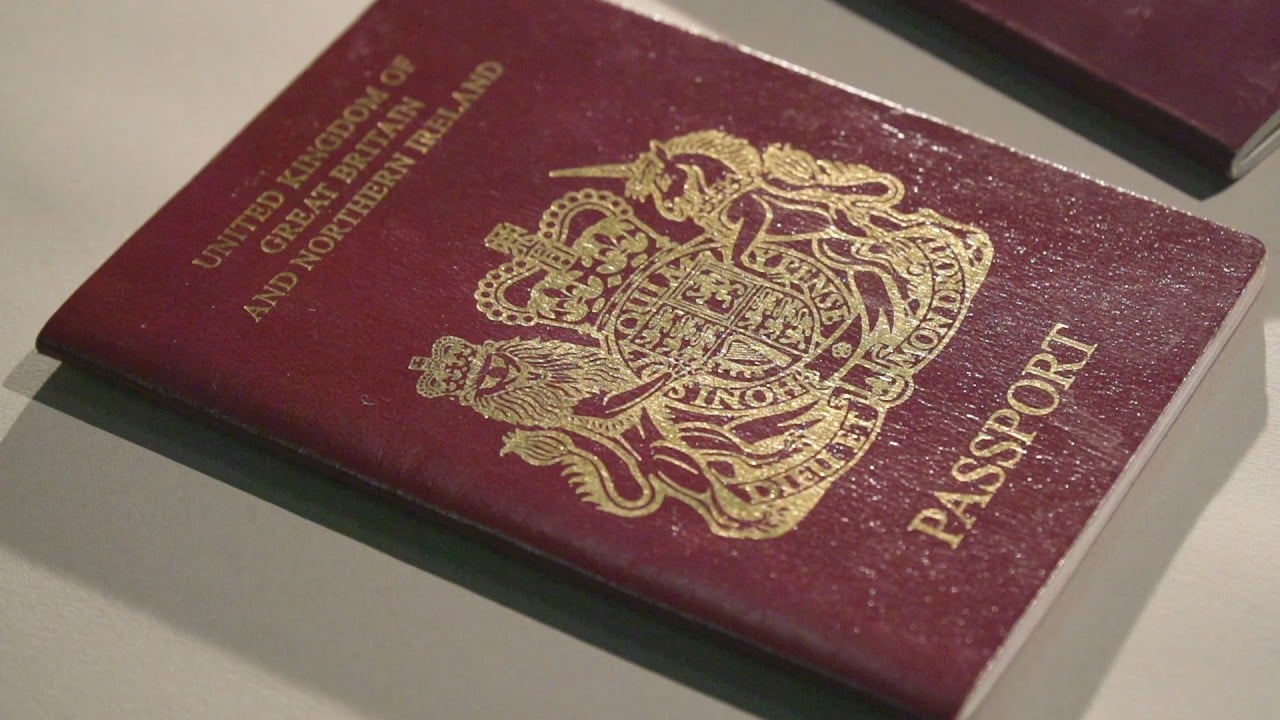
National security law is unlikely to spark a surge in UK property investment among Hongkongers
- Hong Kong investors’ appetite for deals will be determined by how Britain’s property market adjusts to the Covid-19 shock rather than political developments
- While there are signs UK property, in particular the London market, has been attracting more interest, expectations of a sudden surge in investment are overblown
Camilla Dell senses an opportunity. Dell, the managing partner of estate agency Black Brick, noted that, “over the past 18 months or so, we’ve already seen growing interest in London as wealthy Hong Kong residents make contingency plans. We now expect that trend to accelerate.”
In a sign of the extent to which many residential agents and developers believe the security law and newly proposed citizenship scheme will spur demand for property in Britain, even some housebuilders in regional cities have started receiving more offers from Hong Kong buyers.
“Over the past few weeks, local agents [in Hong Kong] have been calling us non-stop to find out if we’re ready to launch a new UK product. We just sold five units [to Hong Kong buyers] but could have easily sold 50 or 60 over a weekend,” one Manchester-based developer said.

01:38
UK offers Hongkongers with BN(O) passports path to citizenship after new national security law
First, the narrative around the law and the scope for emigration and capital flight are misleading. In financial media, the portrayal of the legislation tends to reflect the concerns of Western governments and investors. Yet, in Hong Kong’s business community, fears about further civil unrest are at least as important as worries over the erosion of the city’s autonomy, if not more so.
Talk of a massive influx of Hongkongers to Britain is overblown. Not only is Beijing likely to take measures to discourage large-scale emigration, the debate over immigration in the UK remains deeply politicised.
Chinese envoy slams Britain’s citizenship offer to Hongkongers

02:45
Global Covid-19 death toll hits 500,000 as coronavirus infections surge past 10 million
While the Central London office market continued to attract high levels of investment following the Brexit vote in June 2016, the market proved more vulnerable to the pandemic-induced lockdown because of its heavy reliance on overseas investment, particularly Asian money.
In the first five months of this year, cross-border acquisitions in London’s office market tumbled to their lowest level since 2009, according to data from property consultant RCA.
Yet, despite the shock of Covid-19, rental yields have not risen significantly. Data from Savills shows average prime yields for offices in the City of London stood at 4 per cent in May, slightly lower than a year ago. While this is higher than in Paris and Frankfurt, it is not high enough to compensate investors for the increased risks.
With Brexit fog lifted, Hongkongers return to London property market
“Investors should not be paying the same price post-Covid,” said Oliver Watt, a director in Savills’ London-based cross-border investment team who deals with Asian clients.

12:13
‘No winner’ amid rising US-China tensions, says Hong Kong’s commerce chief Edward Yau
While this partly explains why Hong Kong investors are more knowledgeable about the London market, it also accounts for their greater sensitivity to pricing and underlying fundamentals.
Given the more challenging real estate landscape since the virus struck and the stronger competition from domestic buyers who have not had to contend with travel curbs and quarantine measures, Hong Kong investors are likely to be even more discerning.
Since 2015, Hong Kong investors have put more money into commercial schemes in Birmingham and Manchester than in Paris or Madrid, data from Colliers shows. Yet, in comparison to London, regional markets are still highly illiquid, limiting the scope for sizeable transactions.
Nicholas Spiro is a partner at Lauressa Advisory

